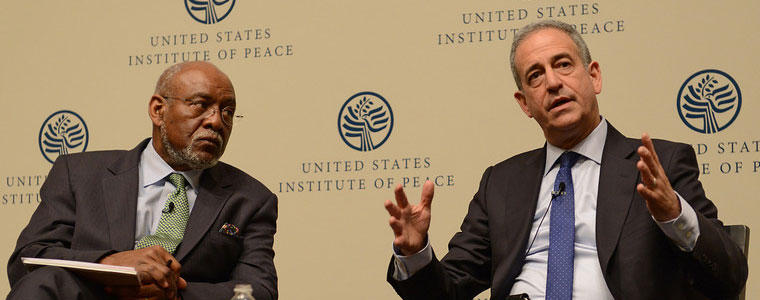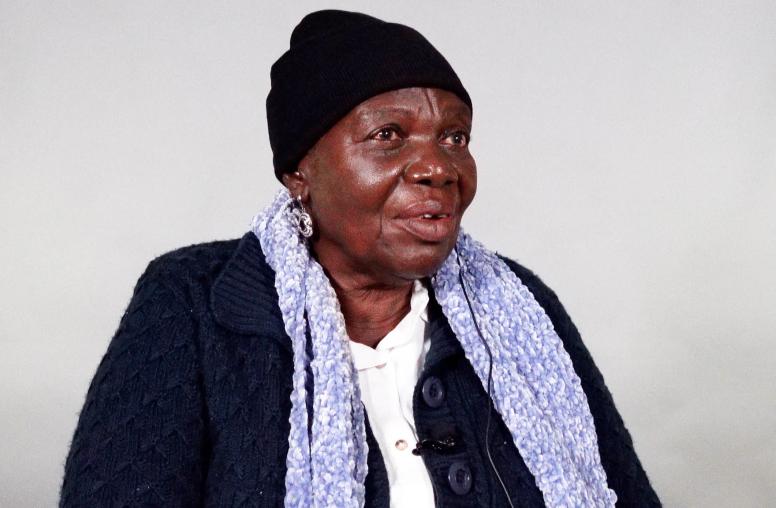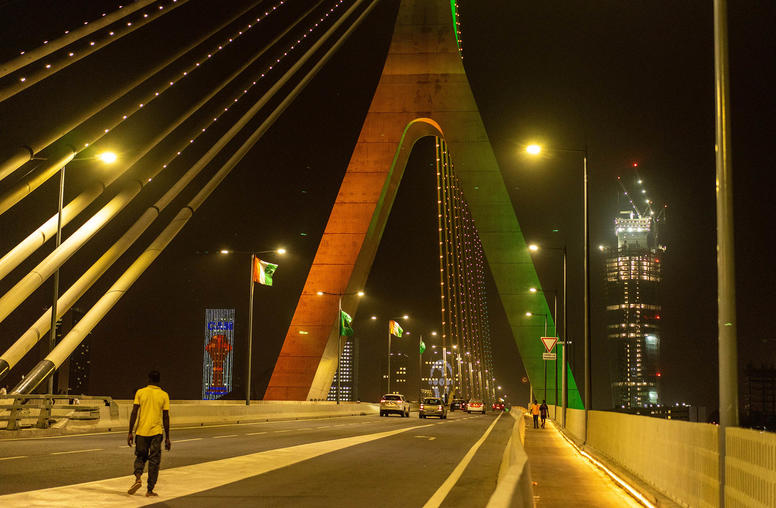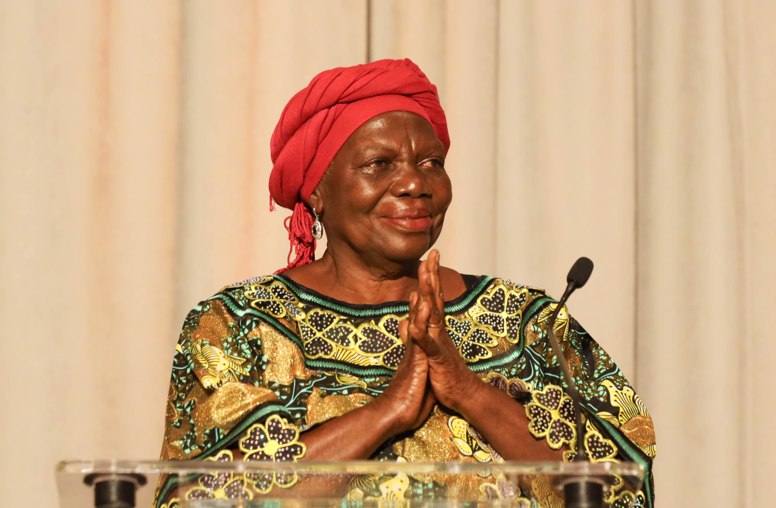Peace Prospects in the Great Lakes
A Discussion with U.S. Special Envoy Russell D. Feingold
Read the Event CoverageUSIP and U.S. Special Envoy Russ Feingold discussed the prospects for peace in the Great Lakes region of Africa on February 20th.

Africa's Great Lakes region has been a violent and unstable for years. April marks 20 years since the Rwandan genocide resulted in the deaths of half a million people in 100 days. Conflict in neighboring Democratic Republic of the Congo alone has displaced or killed more than 5 million residents in the past two decades, making it the deadliest war in Africa’s modern history. The region is challenged by ethnic tensions, the exploitation of resources, the continued use of child soldiers, dozens of armed rebel armed groups, and violence against women. Russ Feingold, the U.S. Special Envoy for the Great Lakes Region, described the area as “one of the greatest human tragedies not only in Africa, but in the entire world.”
There is reason for cautious optimism, however. War weariness, enhanced international attention to the crisis, more effective UN intervention and a Peace, Security & Cooperation Framework are providing a fragile platform for progress. Part of this cautious optimism stems from the naming of a full-time U.S. envoy, working in collaboration with other influential envoys.
USIP hosted Russ Feingold, former U.S. senator and currently the U.S. Special Envoy for the Great Lakes region, for a discussion of his perspectives on peace in the region, the challenges and opportunities for resolving the ongoing crisis in eastern Congo and the Great Lakes, and his strategy for achieving his mandate as lead U.S. representative. The conversation can be viewed below.
Speakers
Ambassador Johnnie Carson, Introduction and Moderator
Senior Advisor to the President, U.S. Institute of Peace
Russ Feingold, Keynote Remarks
U.S. Special Envoy for the Great Lakes and the Democratic Republic of the Congo, U.S. Department of State



